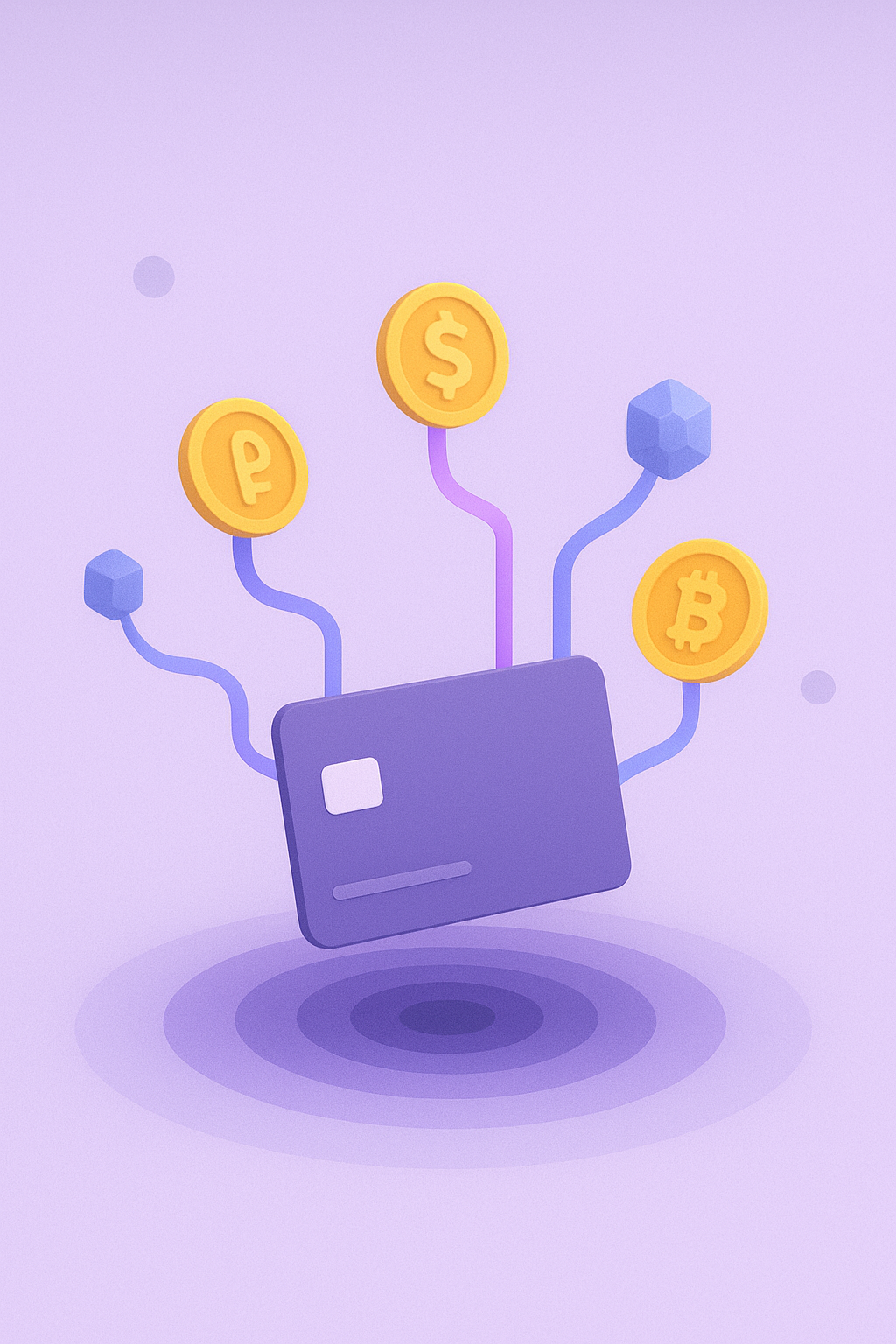Financial services giant Mastercard has announced the launch of a new peer-to-peer (P2P) crypto-currency payment service. The move marks a significant step in the adoption of crypto-currencies by traditional financial institutions and could transform the way transactions are conducted globally.
A new era for P2P payments
Seamless integration of crypto-currencies
Mastercard has unveiled a payment service that allows users to send and receive crypto-currencies directly to each other, without an intermediary. The service, which uses blockchain technology, promises to reduce costs and speed up transactions. The integration of crypto-currencies into traditional payment systems is a major breakthrough for the financial sector, offering a secure and efficient alternative to traditional payment methods.
Benefits and implications for users
Mastercard's new service has a number of advantages for users:
- Lower fees: Crypto-currency transactions often have lower fees compared to traditional payment methods.
- Greater security: blockchain offers greater transparency and security, reducing the risk of fraud.
- Speed of transactions: P2P crypto-currency transactions can be completed in minutes, compared with several days for traditional bank transfers.
These advantages make the service particularly attractive to individuals and businesses looking to optimise their financial transactions.
Impact on the crypto-currency market
Mastercard's entry into the world of P2P crypto payments could have a significant impact on the crypto-currency market. By legitimising the use of crypto-currencies for everyday transactions, Mastercard could stimulate their widespread adoption. What's more, the move could encourage other major companies to follow suit, accelerating the integration of crypto-currencies into the global economy.
Growing adoption of blockchain technologies
The importance of blockchain technology
The blockchain technology at the heart of Mastercard's new service is key to ensuring secure and transparent transactions. This technology makes it possible to maintain a decentralised and immutable record of all transactions, offering unprecedented security. In addition, blockchain facilitates the auditing and traceability of transactions, which are crucial elements in strengthening user confidence.
Use cases for blockchain
In addition to P2P payments, blockchain has numerous applications in various sectors:
- Supply chain management: Blockchain can improve product traceability and reduce fraud.
- Smart contracts: These self-executing contracts can automate and secure agreements between parties.
- Electronic voting: blockchain can guarantee the transparency and integrity of electoral processes.
By integrating blockchain into its services, Mastercard is paving the way for numerous technological innovations that could transform various sectors of the economy.
Challenges and prospects for the future
Challenges to overcome
Despite its advantages, Mastercard's new P2P crypto payment service has to overcome a number of challenges to establish itself on the market:
- Regulation: Regulations on crypto-currencies vary considerably from country to country, which could complicate global adoption.
- Volatility of crypto-currencies: Significant fluctuations in the values of crypto-currencies can deter some users.
- Security: Although blockchain offers increased security, cyber attacks remain a constant threat.
Outlook for the future
Despite these challenges, the future outlook for Mastercard's P2P crypto payment service is promising. By continuing to innovate and adapt to regulatory developments, Mastercard could play a key role in the democratisation of crypto-currencies. In addition, the growing adoption of blockchain technologies in various sectors could strengthen Mastercard's position as a leader in financial innovation.
Conclusion
Mastercard's launch of its peer-to-peer crypto payment service marks a crucial step in the evolution of financial transactions. By offering a secure, fast and cheaper payment solution, Mastercard is contributing to the mass adoption of crypto-currencies. This initiative, coupled with the use of blockchain technology, paves the way for new opportunities and innovations in the financial sector. It will be interesting to follow how this initiative will influence the crypto-currency market and drive the adoption of blockchain technologies globally.










